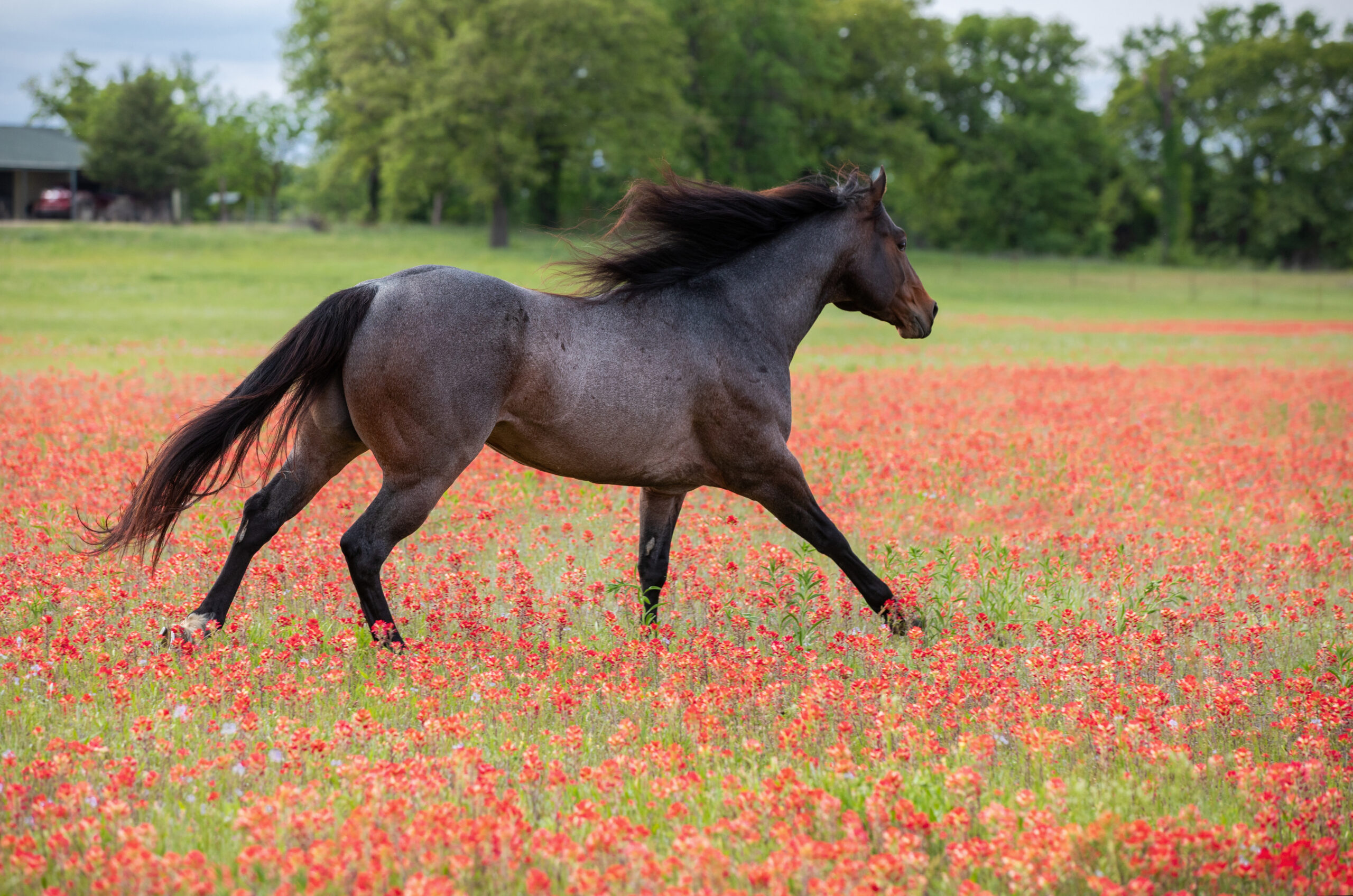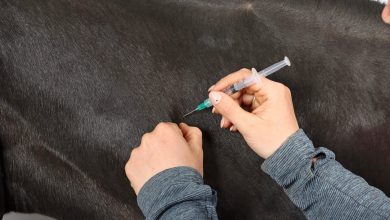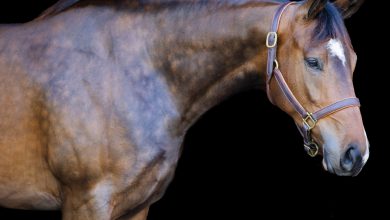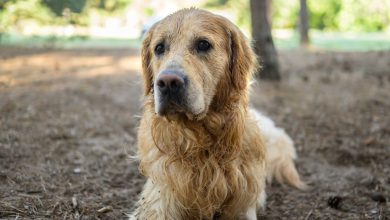
As a horse owner, you are responsible for the physical, mental, and emotional well-being of your horse. It’s up to you to meet his needs. He can’t refill his feeder, top off his own stock tank, or file down sharp points on his teeth. When we take on the responsibility of a horse (or any animal), we owe it to them to provide the best care possible. If you’re new to horses, here are 10 non-negotiables of horse management, in no particular order.

TEN NON-NEGOTIABLES OF HORSE MANAGEMENT
1. Follow a regular vaccination schedule. Work with your vet to determine what your horse needs for your area (or for areas he travels to), and when he needs it.
2. Introduce feed changes slowly. Adding supplements or changing feed too quickly can spark colic. A good rule of thumb is to introduce new feed gradually over two weeks.
3. Provide social interaction. Horses are herd animals, and therefore need to be around other horses for enrichment, stimulation, and to learn herd dynamics. Even if your horse is stalled, provide him time with other horses. Give him time to just be a horse!
4. Feed frequently. If you can’t feed free-choice, divide the daily ration into as many feedings as possible-three or four if you can, and two at least.
5. Schedule regular visits with the farrier or trimmer, since we all know the old adage, ‘no hoof, no horse’. Keeping your horse’s feet healthy means a “pedicure” every six to eight weeks, or however often your horse requires.
6. Provide consistent dental care. Schedule appointments annually to have your horse’s teeth checked and floated.
7. Manage pests. Flies and biting insects carry disease, and can stress your horse and make him miserable. Make sure you have a good fly management program in place.
8. Set up a deworming program. Work with your vet to determine appropriate dewormer for your area. In regions where the temps don’t get cold enough to kill larvae and eggs, you may choose a daily wormer.
9. Provide clean water at all times. Horses generally need 8 to 10 gallons of water daily (or more, depending on how active they are and how hot it is) to stay healthy. Make sure tanks are clean and full, especially in the summer months when algae grows. And use a water heater where water freezes.
10. Provide as much turnout as practicable. Horses need to move! Even if he’s retired, he needs to keep moving to ward off stiffness and arthritis! Along the same vein, if you’re training heavy be sure to add in rest days. Your performance horse is an athlete; treat him as such.
Going Beyond the Basics
These are the basic requirements for horse management that will in turn, keep your horse happy and healthy. There are many other things you can do to enrich your horse’s life and provide him the best care possible. Some of these will depend on what you use your horse for, his age, and discipline. But the basics are the same for all horse ownership, and it’s up to us to do the best we can for these amazing animals.
Curious About How the Horse Industry is Under Scrutiny? Read THIS.



